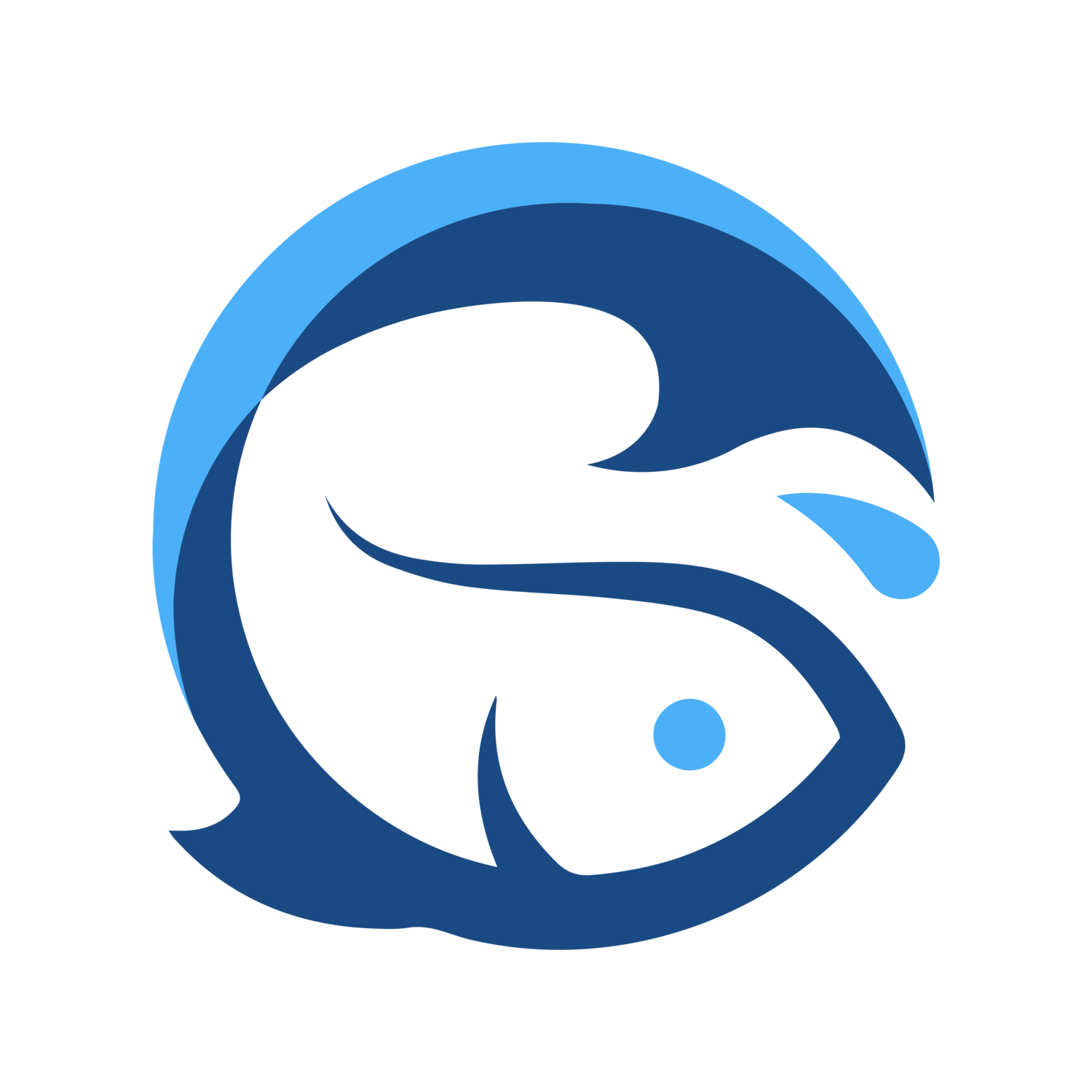Giving Fish a Voice: A new fish welfare resource available to all
By Iyasere Oluwaseun, Larrateguy Maria, Phillips Wendy, Siegmund Karin | VETS UNITEDImagine a creature that feels pain, navigates its world with intelligence, forms social bonds, and even recognizes itself in a mirror. Now imagine that creature being pulled from water, gasping for air, and handled without care. Its suffering invisible, its life discounted.
That creature is a fish. And it's time we saw them differently.
In a world where over 90% of all vertebrates slaughtered each year are fish, it's staggering how little attention is paid to their welfare. Fish are not just numbers in global food statistics, they are individuals with the capacity to feel, fear, and suffer. And yet, because they don’t vocalize like mammals or gaze back at us with familiar eyes, they often remain unseen.
This is why the Introduction to Fish Welfare module is a game-changer. And guess what? It’s FREE to download both as a pdf or power point. The module is the collaborative work of WTS and Ethical Seafood Research and has been reviewed by fish welfare experts from academia and clinical practice. Together we hope to bring fish welfare into the lecture halls of future animal health professionals worldwide.
Making the Invisible, Visible
This teaching module doesn’t just talk about fish. It tells their story. It brings to light their sentience, their struggles, and the silent suffering they endure in farming tanks, laboratories, and ornamental aquariums. It arms us with knowledge and compassion and urges us to do better.
Whether you're a rescuer, educator, or concerned citizen, this resource is for you. It connects the science of fish welfare with the soul of advocacy.
How To Use It
1. To Educate
We can bring this module into the curriculums of universities to be used by animal health professionals to aid their teaching. The content in the module could also be used by animal health professionals for teaching students and to educate other animal care workers.
2. To Influence Policy
The data in this module on fish pain, emotional capacity, and welfare needs can help us speak to lawmakers not just in facts, but in values. We can push for their recognition in animal protection laws, humane farming practices, and enforcement of ethical standards.
3. To Drive Humane Innovation
For those working in aquaculture, the module offers a roadmap: better water quality, species-appropriate enrichment, humane transport and slaughter. These frameworks can drive technical upgrades, guided by ethics.
A Future Where Fish Matter
If we believe in a world where no animal suffers unseen, then fish must be part of our vision. The Introduction to Fish Welfare module is a vital tool - not just to inform, but to humanize. It helps us see fish as individuals. Not as resources, but as beings.
Let’s make the most of it. Share it with colleagues, bring it into conversations, and use it to open hearts and minds to fish.
Because every life matters, especially the ones we’ve ignored the longest.


